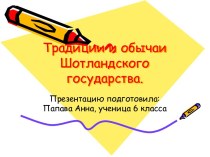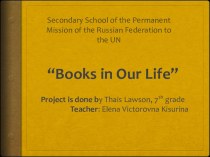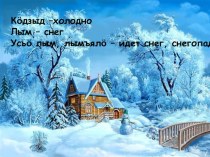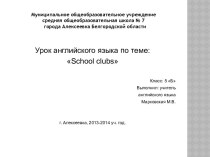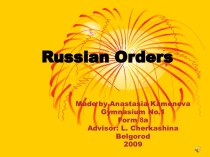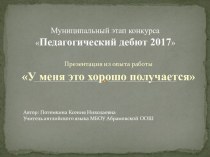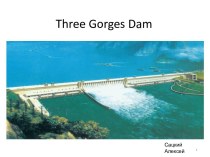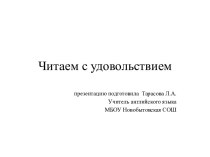- Главная
- Разное
- Бизнес и предпринимательство
- Образование
- Развлечения
- Государство
- Спорт
- Графика
- Культурология
- Еда и кулинария
- Лингвистика
- Религиоведение
- Черчение
- Физкультура
- ИЗО
- Психология
- Социология
- Английский язык
- Астрономия
- Алгебра
- Биология
- География
- Геометрия
- Детские презентации
- Информатика
- История
- Литература
- Маркетинг
- Математика
- Медицина
- Менеджмент
- Музыка
- МХК
- Немецкий язык
- ОБЖ
- Обществознание
- Окружающий мир
- Педагогика
- Русский язык
- Технология
- Физика
- Философия
- Химия
- Шаблоны, картинки для презентаций
- Экология
- Экономика
- Юриспруденция
Что такое findslide.org?
FindSlide.org - это сайт презентаций, докладов, шаблонов в формате PowerPoint.
Обратная связь
Email: Нажмите что бы посмотреть
Презентация на тему Ivan Petrovich Pavlov
Содержание
- 2. Contents1.From I.P.Pavlov’s biography.2. I.P.Pavlov’s scientific work3. Nobel
- 3. From I.P.Pavlov’s Biography I.P.Pavlov
- 4. From I.P.Pavlov’s Biography He
- 5. From I.P.Pavlov’s Biography
- 6. From I.P.Pavlov’s Biography In 1875
- 7. From I.P.Pavlov’s Biography At
- 8. I.P.Pavlov’s Scientific Work
- 9. I.P.Pavlov’s Scientific Work
- 10. I.P.Pavlov’s Scientific Work He
- 11. I.P.Pavlov’s Scientific Work … the
- 12. I.P.Pavlov’s Scientific WorkFor twenty years (1893-1913) he headed the Russian Doctors’ Society in St.Petersburgh.
- 13. Nobel Prize Winner
- 14. Nobel Prize Winner
- 15. Nobel Prize Winner
- 16. The Place of His Burial
- 17. Russia greatly honors Pavlov's work and memoryMany
- 18. Russia greatly honors Pavlov's work and memory Both sides of Pavlov’s Memorial Medal
- 19. Russia greatly honors Pavlov's work and memoryPostal stamp issued in 1991
- 20. Russia greatly honors Pavlov's work and memoryA Jubilee Coin
- 21. Russia greatly honors Pavlov's work and memoryMonument to I.P.Pavlov in Svetlogorsk
- 22. Скачать презентацию
- 23. Похожие презентации
Contents1.From I.P.Pavlov’s biography.2. I.P.Pavlov’s scientific work3. Nobel Prize winner.4. The place of his burial.5. Russia greatly honors Pavlov’s work and his memory.
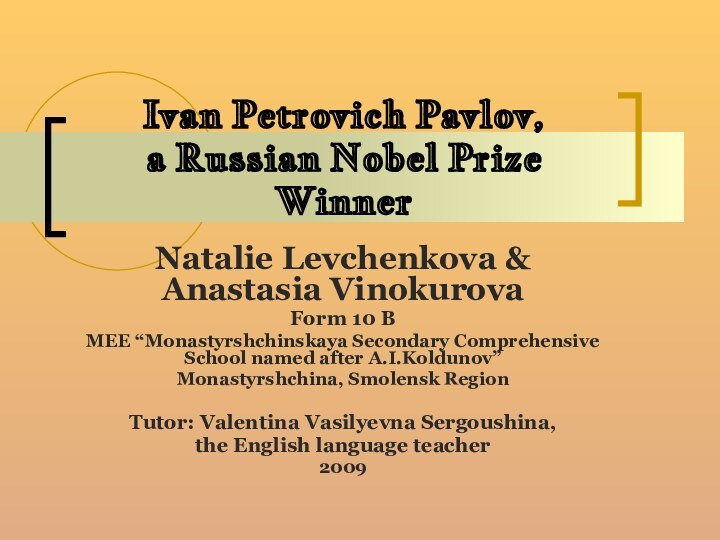



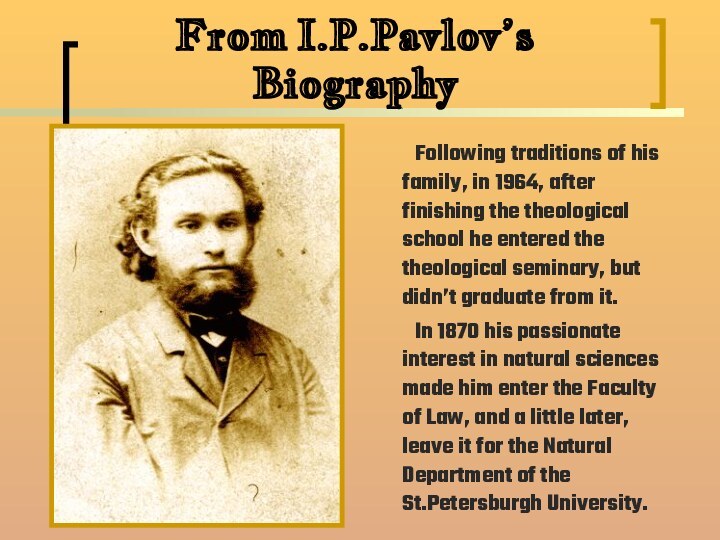





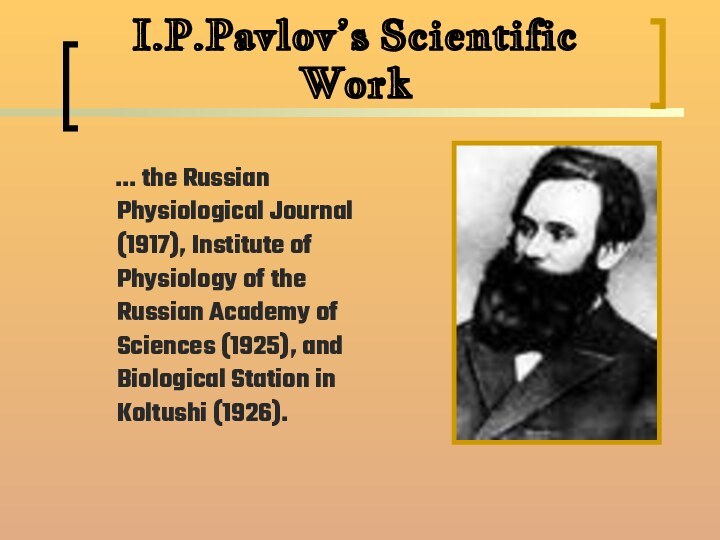





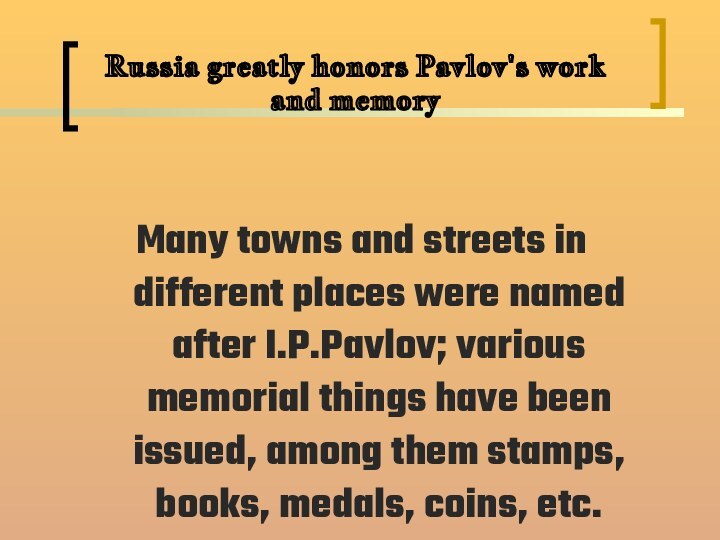



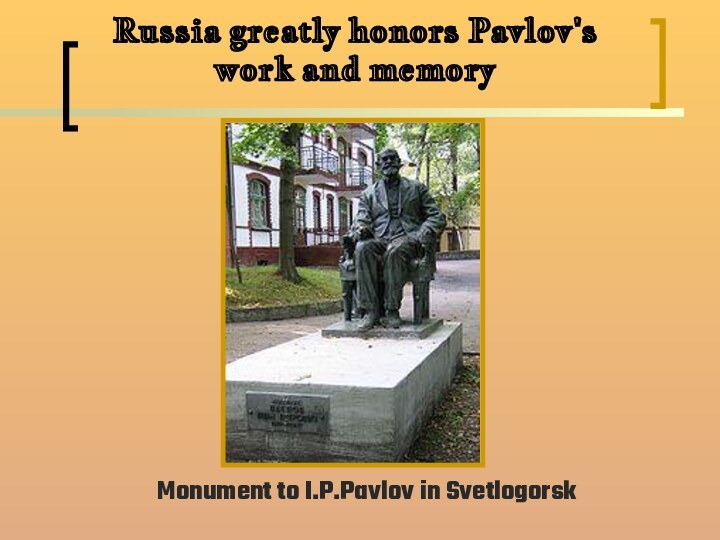
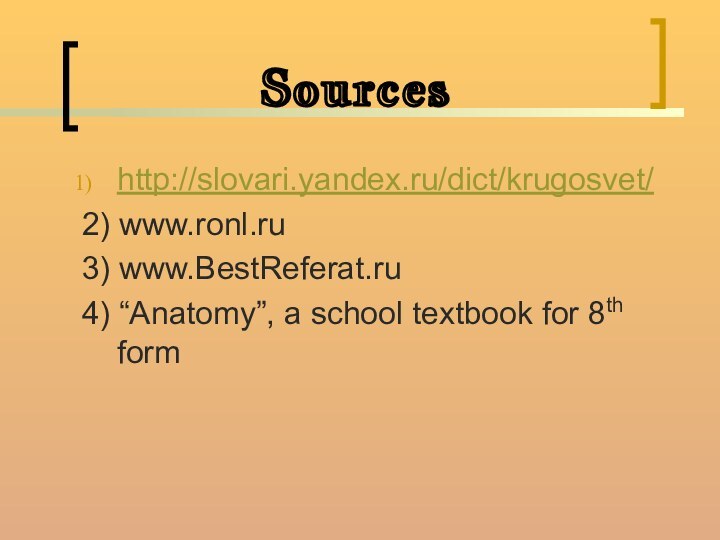
Слайд 2
Contents
1.From I.P.Pavlov’s biography.
2. I.P.Pavlov’s scientific work
3. Nobel Prize
winner.
Pavlov’s work and his memory.
Слайд 3
From I.P.Pavlov’s Biography
I.P.Pavlov was
born in the ancient Mid-Russian town of Ryazan on
26th September, 1849 into the family of a clergyman.
Слайд 4
From I.P.Pavlov’s Biography
He was
the eldest son in a large family. Being a
clever and quick-witted boy, he learned reading and writing very early, and in 1860 he was admitted to the Ryazan theological school, right to the second grade.
Слайд 5
From I.P.Pavlov’s Biography
Following
traditions of his family, in 1964, after finishing the
theological school he entered the theological seminary, but didn’t graduate from it.In 1870 his passionate interest in natural sciences made him enter the Faculty of Law, and a little later, leave it for the Natural Department of the St.Petersburgh University.
